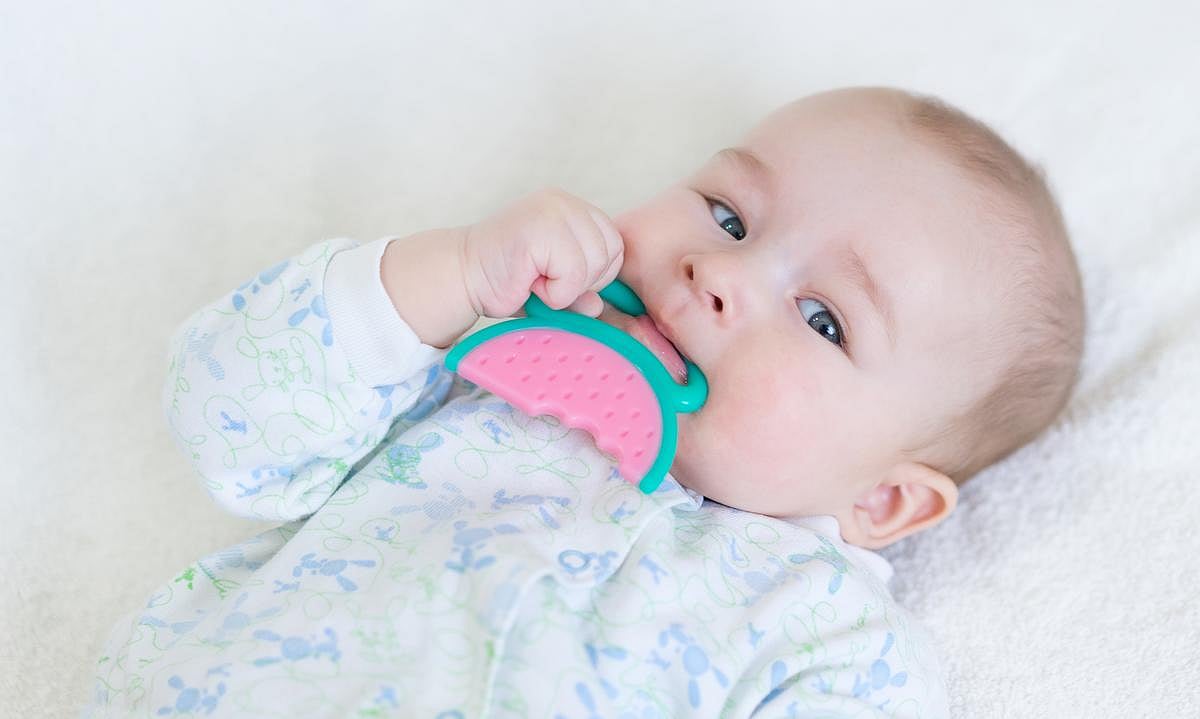Get Healthy!

- Dennis Thompson
- Posted December 20, 2024
Not Just Blabber: What Baby's First Vocalizations and Coos Can Tell Us
A baby’s gentle murmurs and coos can melt even the stoniest heart.
But those giggles and babbles are more than just music to a doting parent’s ears.
These vocalizations actually are signs that a baby’s heart is working rhythmically in concert with their developing speech, researchers report in the Proceedings of the National Academy of Sciences.
A baby’s first darling sounds and early attempts at forming words are directly linked to their heart rate, researchers found.
“It turns out infants were most likely to make a vocalization when their heart rate fluctuation had reached a local peak (maximum) or local trough (minimum),” lead researcher Jeremy Borjon, an assistant professor of psychology with the University of Houston, said in a news release from the university.
For the study, researchers measured more than 2,700 vocalizations emitted by 34 babies 18 to 27 months old while the tots played with a caregiver.
Infants in this age group typically don’t speak whole words yet. In fact, only about 10% of the vocalizations could be reliably identified as words, results show.
But these sounds are evidence that a baby is slowly forming the ability to speak, researchers said.
“Every sound an infant makes helps their brain and body learn how to coordinate with each other, eventually leading to speech,” Borjon said.
What’s more, these sounds appear to be tied to their autonomic nervous system -- the part of the body that controls automatic functions like heart rate and breathing, researchers said.
The heart and lungs undergo significant changes as they develop during the first few years of life, and these interact with a baby’s growing ability to speak, results show.
Babies were more likely to utter a recognizable word if their heart rate had slowed.
"The relationship between recognizable vocalizations and decelerating heart rate may imply that the successful development of speech partially depends on infants experiencing predictable ranges of autonomic activity through development,” Borjon said.
On the other hand, babies were more likely to engage in longer vocalizations when their heart rate is peaking, results show.
These results could help researchers and experts better understand speech development, including instances where delays occur in a child’s growing ability to speak, researchers said.
“Understanding how the autonomic nervous system relates to infant vocalizations over development is a critical avenue of future research for understanding how language emerges, as well as risk factors for atypical language development,” Borjon concluded.
More information
Stanford Medicine has more on speech and language milestones for infants and toddlers.
SOURCE: University of Houston, news release, Dec. 17, 2024
